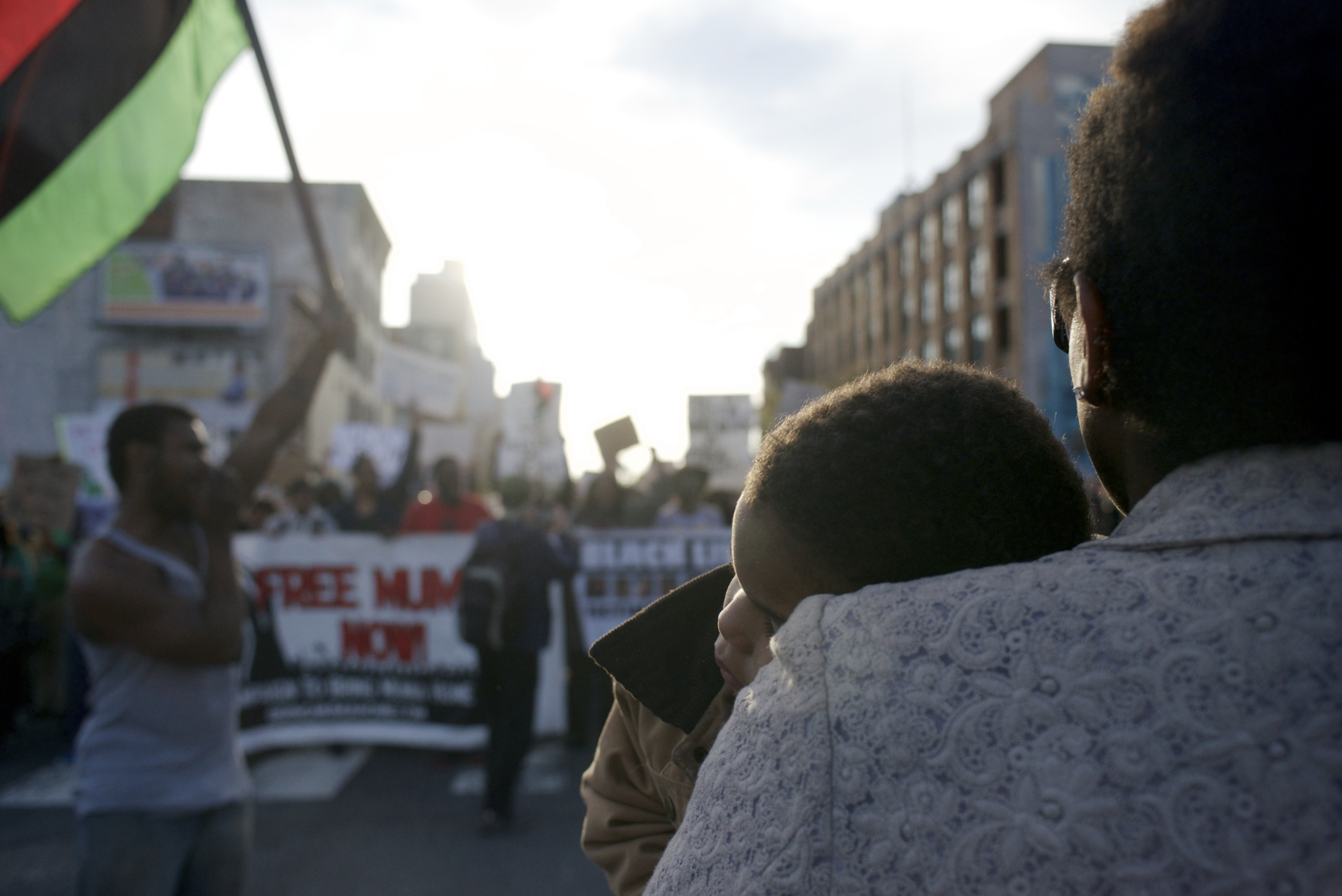Where Can We Find Hope in a World Full of Injustice?
Hope: A Feminist Perspective
- Philosophy

Principal Investigators
Katie Stockdale
Residential Dissertation Fellow
Cornell University
Description
In my dissertation, I argue that taking a feminist perspective to hope reveals important insights about how hope is formed, lost, and cultivated, as well as the role of hope in struggles against oppression. Taking a feminist approach to hope involves attending to the ways in which individuals’ positions within inter-related systems of privilege and oppression can affect the hopes with which they find themselves, and those that are out of their reach.
I begin by exploring the nature and value of hope. I point out that, in societies structured to reward privilege for some people at the expense of others, the hopes of members of privileged groups are often more likely to be realized than the hopes of members of oppressed groups. Since many people find it difficult to sustain hope in the face of what seems like inevitable failure, I argue that oppression is a threat to hope: it creates conditions under which certain people, in virtue of their social, political, and economic locations, must “hope against hope” for many of the outcomes they desire—if they are capable of sustaining hope at all.
I then turn to the relationship between hope and moral anger: an emotion that has long been defended as justified and useful in struggles against injustice. I argue that anger often responds to a thwarted hope. We place hope in other people, groups, and institutions to live up to the demands of morality; and when they fail to do so, anger ensues. Our anger responses also embody or are accompanied by the formation of new hopes, such as the hope that wrongdoers will apologize and display remorse, that the criminal justice system will do right by victims, and—encompassing these hopes—the hope that repair will come.
I show that, when people lose hope that the injustices about which they are angry will ever receive an adequate reparative response, their anger sometimes evolves into the emotion of moral bitterness. As it turns out, members of oppressed groups often have good reasons to lose hope for repair and improved social, political, and economic conditions more generally. So I argue that bitterness is sometimes justified even if it is ultimately undesirable to bear. Listening to bitterness, and resisting the common notion that bitterness is a pointless and destructive emotion, is important in understanding why people have lost hope in their lives.
I end my project on a more uplifting note, exploring how hope can be cultivated in a world full of injustice. I argue that there is a kind of hope, what I call “the hope of solidarity,” that emerges when members of oppressed groups, and others who share their commitments to social justice, cultivate hope through forming bonds of solidarity. Joining with others who share one’s moral and political goals, and uniting with them in collective action, can help to restore and strengthen hope when hope might otherwise be lost.
Principal Investigators
Description
In my dissertation, I argue that taking a feminist perspective to hope reveals important insights about how hope is formed, lost, and cultivated, as well as the role of hope in struggles against oppression. Taking a feminist approach to hope involves attending to the ways in which individuals’ positions within inter-related systems of privilege and oppression can affect the hopes with which they find themselves, and those that are out of their reach.
I begin by exploring the nature and value of hope. I point out that, in societies structured to reward privilege for some people at the expense of others, the hopes of members of privileged groups are often more likely to be realized than the hopes of members of oppressed groups. Since many people find it difficult to sustain hope in the face of what seems like inevitable failure, I argue that oppression is a threat to hope: it creates conditions under which certain people, in virtue of their social, political, and economic locations, must “hope against hope” for many of the outcomes they desire—if they are capable of sustaining hope at all.
I then turn to the relationship between hope and moral anger: an emotion that has long been defended as justified and useful in struggles against injustice. I argue that anger often responds to a thwarted hope. We place hope in other people, groups, and institutions to live up to the demands of morality; and when they fail to do so, anger ensues. Our anger responses also embody or are accompanied by the formation of new hopes, such as the hope that wrongdoers will apologize and display remorse, that the criminal justice system will do right by victims, and—encompassing these hopes—the hope that repair will come.
I show that, when people lose hope that the injustices about which they are angry will ever receive an adequate reparative response, their anger sometimes evolves into the emotion of moral bitterness. As it turns out, members of oppressed groups often have good reasons to lose hope for repair and improved social, political, and economic conditions more generally. So I argue that bitterness is sometimes justified even if it is ultimately undesirable to bear. Listening to bitterness, and resisting the common notion that bitterness is a pointless and destructive emotion, is important in understanding why people have lost hope in their lives.
I end my project on a more uplifting note, exploring how hope can be cultivated in a world full of injustice. I argue that there is a kind of hope, what I call “the hope of solidarity,” that emerges when members of oppressed groups, and others who share their commitments to social justice, cultivate hope through forming bonds of solidarity. Joining with others who share one’s moral and political goals, and uniting with them in collective action, can help to restore and strengthen hope when hope might otherwise be lost.

